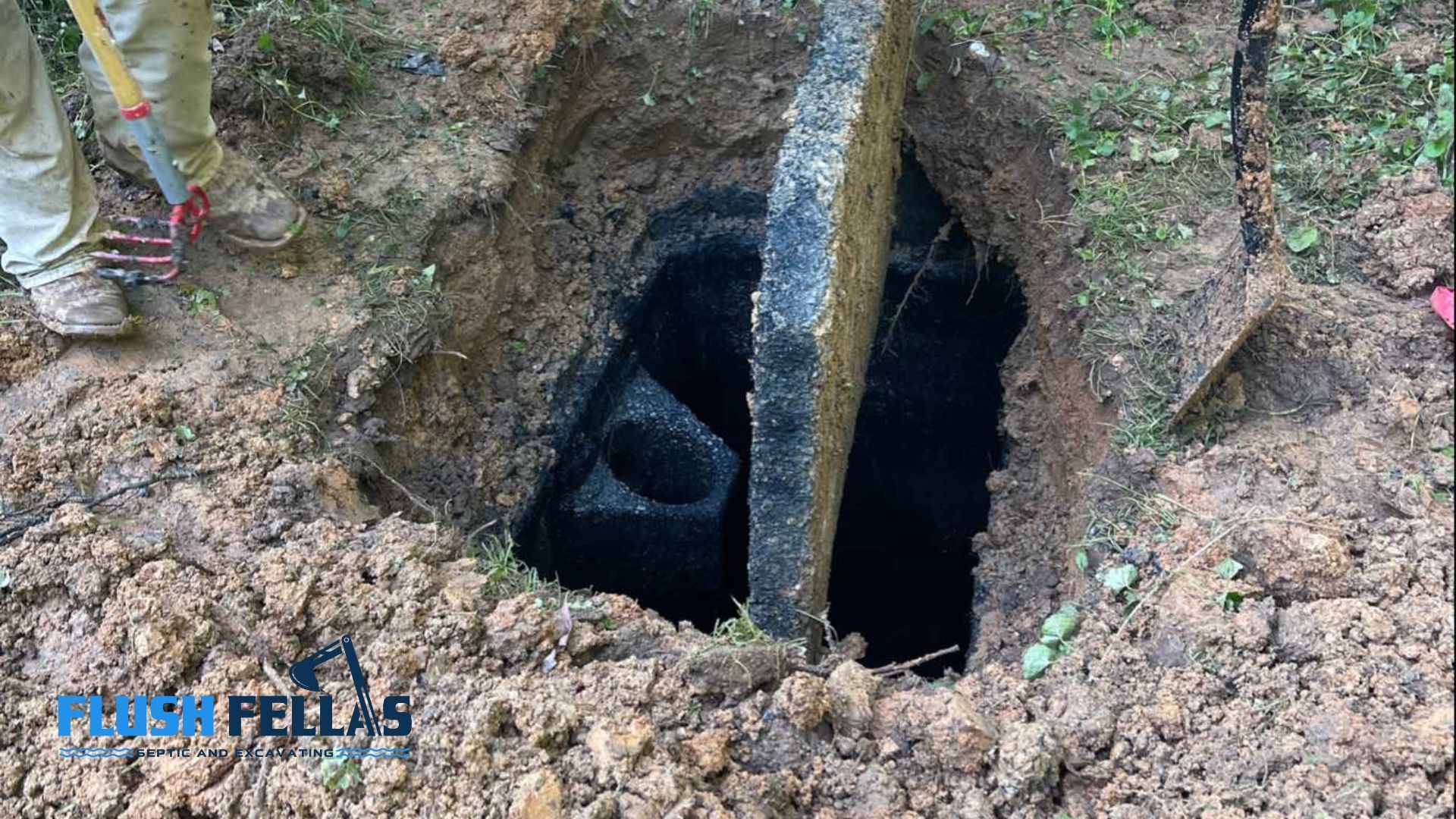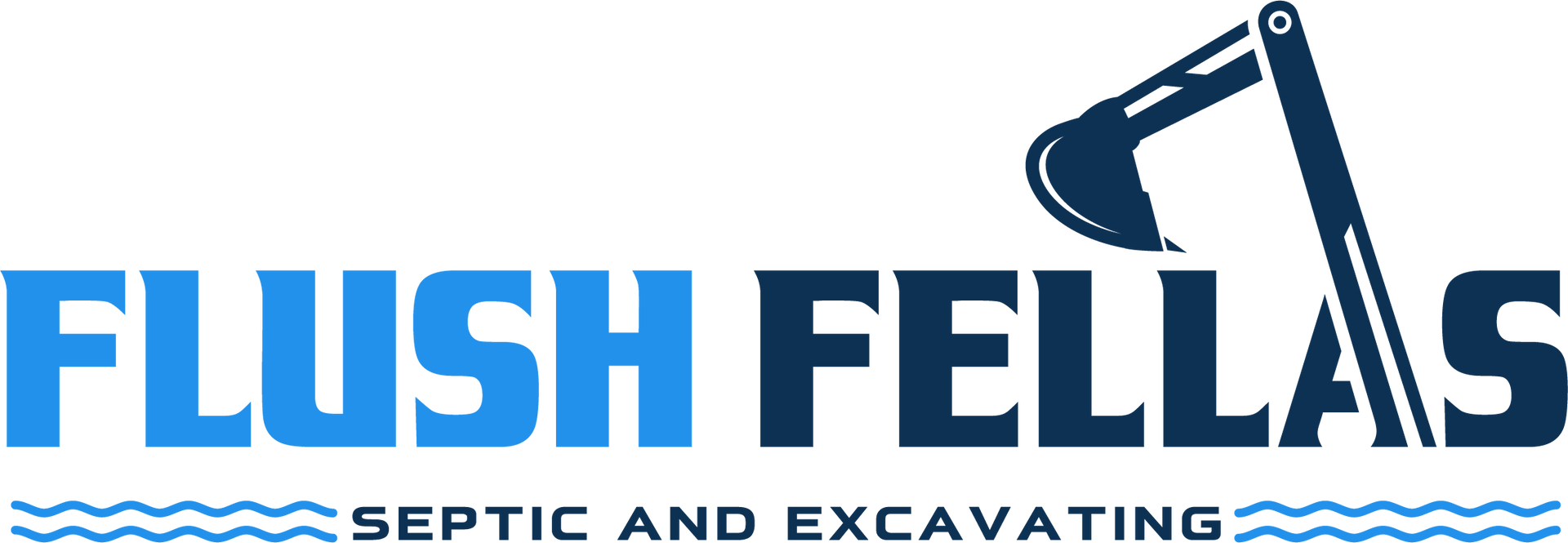If you have a septic system, you must understand how it works and be familiar with the maintenance tasks you can perform to help extend the life of your system by eliminating leaks and clogs. A septic system consists largely of a septic tank and a leach field that are linked by a network of pipes that run from the home's wastewater drainage line through the tank and out to the leach field. If the septic system is properly maintained, the tank can last 15 to 40 years, while the leach field can last up to 50 years. Keep up with these crucial maintenance duties to ensure your septic system is healthy and operating for as long as feasible.
Pump the Septic Tank Frequently
Septic tank pumping Chattanooga is one of the most crucial activities that you must schedule every two to five years. How often you pump depends on the amount of water use in your household or business. As a rule of thumb, the more people who use your septic system, the greater your water flow. This means your septic tank will fill up faster and will require more frequent pumping. (1)
Additionally,
the size of the tank and the type of waste that is deposited into the septic system will influence whether
septic tank pumping Chattanooga, TN will be needed every two years or every five years. A home-equipped garbage disposal, for example, is fantastic if you are connected to a municipal wastewater system. Still, these appliances can greatly increase the volume of solid waste that runs into a septic system, resulting in more frequent
Chattanooga septic tank pumping. The
cost to pumping septic tank in Chattanooga, TN ranges between $200 and $600, depending on the tank size.
Mark and Maintain the Leach Field
The leach field is a critical septic system component that must be safeguarded at all times. It's made up of many perforated pipes that run the length of the leach field, and while it's safe to walk on, the weight of cars, trailers, and semi-permanent constructions can cause harm to the subterranean pipes. To avoid septic system damage, properly mark off the leach field and notify any guests that this section of the yard cannot handle high loads. Plant life and drainage around a leach field must also be monitored.
To avoid floods, water from the house should be directed away from the leach field, and any trees, bushes, or shrubs should be removed so that their roots do not grow into the pipes. However, grass can and should be grown on the leach field since it absorbs water to prevent floods, the roots do not grow too deep, and the grass helps to prevent erosion.
Septic Warranty Cost
Walk around the septic system on a regular basis, looking for locations where the grass is much more lush or dense than in other parts of the yard. A leaking tank provides adequate plant life nutrients while emitting strong sewage odors. However, because the tank is located below, it will be impossible to detect any leaks in the tank while it is still in operation. The optimum time to inspect the septic tank for leaks is during septic tank pumping Chattanooga.
Therefore, if the
septic tank pumping companies in Chattanooga area you hire do not already include a leak inspection in their procedure, ask whether they can complete this operation while the tank is being pumped. It's also a good idea to inspect the baffles at this stage to ensure they're not missing, broken, or deteriorated.

Reduce Your Water Usage and Household Waste
Paying attention to the volume and substance of what you dump down the drain is a simple process in septic system maintenance. An excess of liquid waste can cause the septic system to overflow. Therefore, you should redirect roof water from the leach field, install water-saving appliances, spread out laundry and dishwasher loads, and address any leaks as soon as feasible. A high amount of solid waste is also undesirable, as it causes sludge in the septic tank to accumulate quickly, increasing the system's pumping frequency.
Instead of dumping fats and uneaten food down the sink, place them in the food waste recycling bin or a compost pile in the yard. Keep in mind that a septic system relies on bacteria to break down waste, so pouring strong cleaning chemicals down the drain harms the bacteria and reduces the septic system's function. To avoid harming the bacteria in the tank, use cleaners certified as safe for septic systems.
Examine the Leach Field for Clogs
Even if you limit the amount of water and solid waste that leaves the house and inspect and pump the septic tank regularly, the leach field can become clogged. This is especially true during wet and rainy weather because excess water can flood the system, increasing the amount of solid waste that flows into the leach field. Flooding can also occur when a considerable quantity of snow melts over several days, so it's a good idea to stroll across the leach field during rainy or wet weather to check for sewage smells or unusually fast and lush growing grass, which could signal that the drain field is plugged. Slow-running drains, backed-up plumbing, squishy ground, and standing water are further indicators of a clogged leach field.
Maintain Accurate Maintenance Records
Regardless of the sort of system maintenance performed, it is critical to retain precise records of the outcomes. You can use this information to determine how much and how frequently you should introduce bacteria additives to the system. The bacteria in the system are susceptible to powerful cleaning solutions, soaps, and drain cleaners, so introducing new bacteria helps protect the naturally occurring bacteria in the system. Any inspection results that go beyond your system's normal expectations based on previous records might also help flag any problems before they become too difficult to manage.
Another reason to keep extensive maintenance records is to have them available for any prospective purchasers if you decide to sell the house. Septic systems put some people off, but with a full set of comprehensive maintenance records, your home will undoubtedly be more desirable than a comparable property with an unknown septic system history.
For more information on Flush Fellas Septic & Excavating and our services, feel free to reach us via phone today: (423) 498-9839.

About the author
Charles Chandler
Charles Chandler is the founder of Flush Fellas, a septic and excavating company based in Chattanooga, TN. With a passion for providing top-notch services to his clients, Charles has established himself as a prominent figure in the industry. He has extensive knowledge of septic systems, excavation, and drainage solutions, which he uses to offer customized services that meet the specific needs of his clients. Charles is committed to providing exceptional customer service and building long-term relationships with his clients. He is dedicated to staying up-to-date with the latest industry trends and innovations to ensure that Flush Fellas continues to offer the best services possible.


